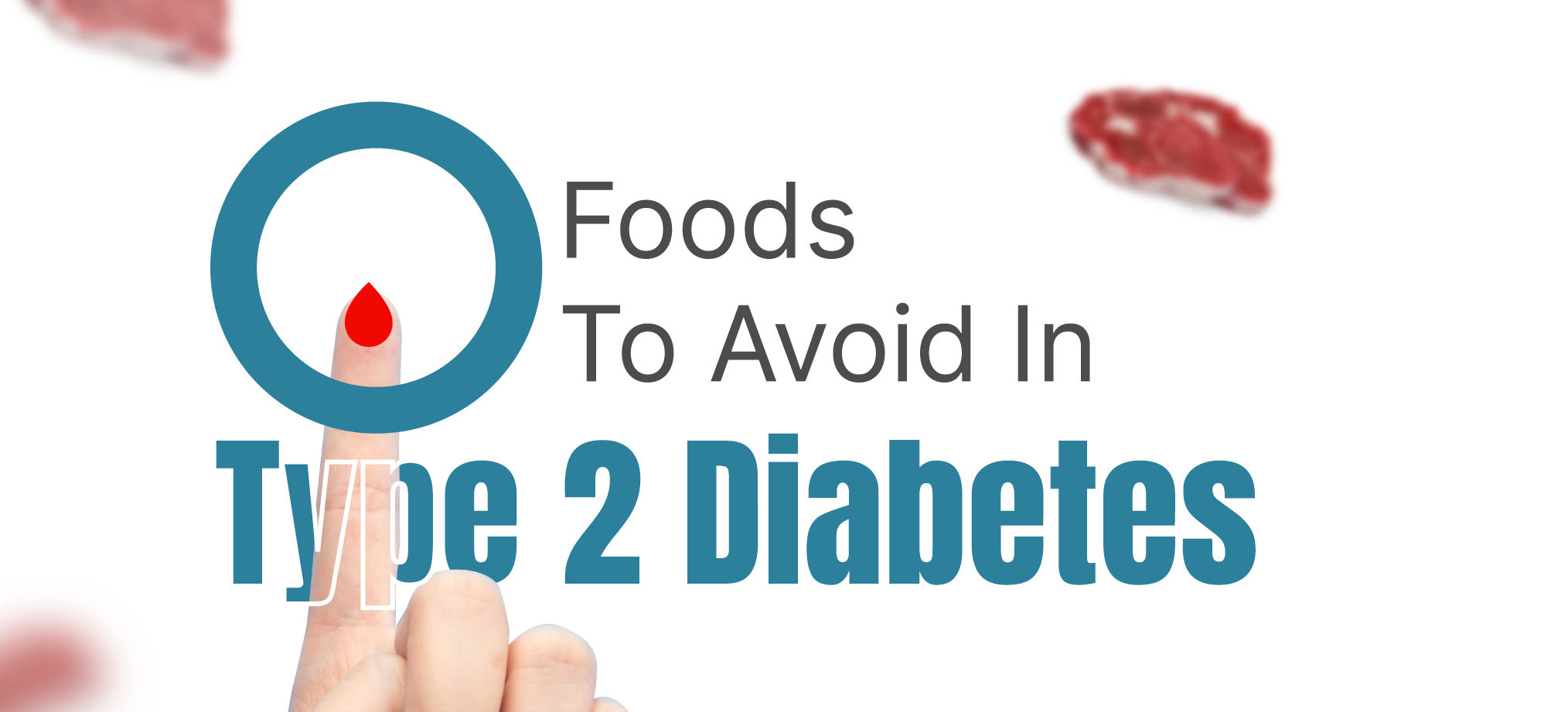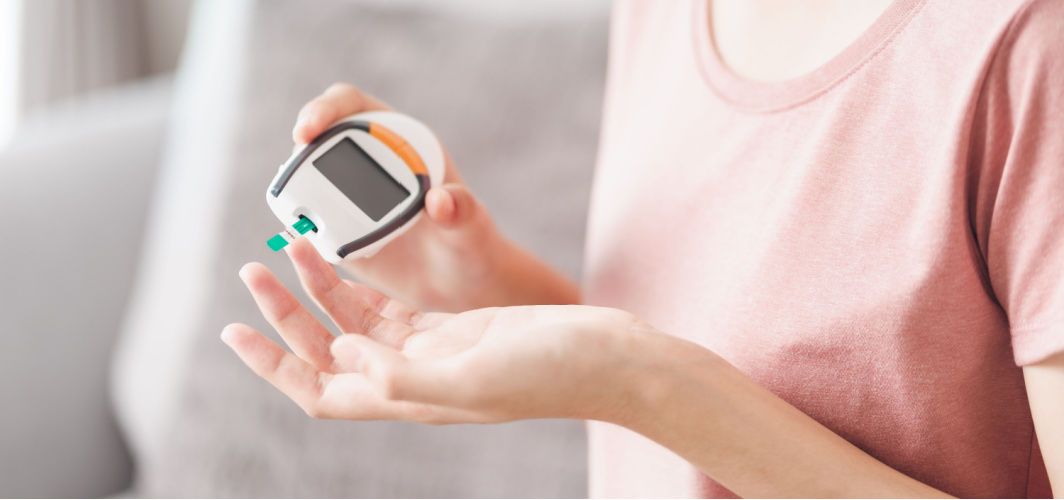Diabetes Management
Sick Day Guidelines For Diabetics
1 min read
By Apollo 24|7, Published on - 10 October 2024
Share this article
0
0 like
.jpg?tr=q-80)
When you are living with diabetes, managing your blood sugar levels is a daily task. However, when illness strikes, it can create significant changes to your blood sugar levels, making it even more essential to manage your diabetes effectively during these sick days. So, what should you do when you're unwell and have diabetes? Here are some guidelines to follow.
Frequent Monitoring of Blood Sugar Levels
When ill, check your blood glucose level more frequently - ideally every four hours. This constant monitoring can help you make necessary adjustments to your food intake and medication dosage.
Maintaining Hydration and Nutrition
Dehydration can occur quickly when you're unwell. It's crucial to drink ample fluids like water or clear broths. If unable to eat normally, consume easy-to-digest carbohydrates to prevent hypoglycaemia.
Continuation of Diabetes Medication
Unless directed by a doctor, continue taking your diabetes medications as usual. Even if you're eating less due to illness, the body still requires insulin.
Awareness of Diabetic Ketoacidosis Symptoms
Diabetic ketoacidosis (DKA) is a serious complication that can occur if high blood sugar is not treated promptly. Symptoms include excessive thirst,Drowsiness, Fruity odor on breath and urination, nausea, abdominal pain, and confusion. Seek immediate medical attention if these symptoms appear.
Preparation of a Sick Day Kit
Having a sick day kit ready with essentials like glucose meters, extra batteries, ketone test strips, glucose tablets, and necessary medications can simplify diabetes management during illness.
Following these guidelines and being part of a structured programme like Apollo Super 6 that provides ongoing support can help you manage diabetes efficiently even on sick days.
Diabetes Management
Consult Top Diabetologists
View AllLeave Comment
Recommended for you

Diabetes Management
Carrots for Diabetes: Is it a Healthy Choice?
Carrots, with a low GI, are beneficial for diabetes. Boiled: GI 33, Raw: GI 16. Rich in beta-carotene for vision and immune health. Fibre promotes stable blood sugar, so moderation is key. Enjoy raw or lightly cooked for versatility and nutrients, supporting diabetes management and overall well-being.

Diabetes Management
These Foods Can Increase Your Risk Of Diabetes
Some foods raise diabetes risk: processed meats, alcohol, added sugars, refined carbs, unhealthy fats, and sodium. Opt for whole grains, veggies, lean proteins, and nutrient-rich foods to manage and lower risk. Balance diet, avoid processed and high-carb options for prevention.

Diabetes Management
Warning Signs of Diabetes in Women
Recognising warning signs of diabetes in women is vital for early detection and effective management. Symptoms include frequent urination, unexplained weight changes, blurry vision, extreme fatigue, skin issues, recurring infections, irregular menstrual cycles, and increased thirst or hunger. Prompt consultation with healthcare professionals enables timely intervention through lifestyle adjustments or medical treatment, ensuring better outcomes for women's health.
Subscribe
Sign up for our free Health Library Daily Newsletter
Get doctor-approved health tips, news, and more.
Visual Stories

8 Fruits That are Incredibly Healthy for Diabetes
Tap to continue exploring
Recommended for you

Diabetes Management
Carrots for Diabetes: Is it a Healthy Choice?
Carrots, with a low GI, are beneficial for diabetes. Boiled: GI 33, Raw: GI 16. Rich in beta-carotene for vision and immune health. Fibre promotes stable blood sugar, so moderation is key. Enjoy raw or lightly cooked for versatility and nutrients, supporting diabetes management and overall well-being.

Diabetes Management
These Foods Can Increase Your Risk Of Diabetes
Some foods raise diabetes risk: processed meats, alcohol, added sugars, refined carbs, unhealthy fats, and sodium. Opt for whole grains, veggies, lean proteins, and nutrient-rich foods to manage and lower risk. Balance diet, avoid processed and high-carb options for prevention.

Diabetes Management
Warning Signs of Diabetes in Women
Recognising warning signs of diabetes in women is vital for early detection and effective management. Symptoms include frequent urination, unexplained weight changes, blurry vision, extreme fatigue, skin issues, recurring infections, irregular menstrual cycles, and increased thirst or hunger. Prompt consultation with healthcare professionals enables timely intervention through lifestyle adjustments or medical treatment, ensuring better outcomes for women's health.
